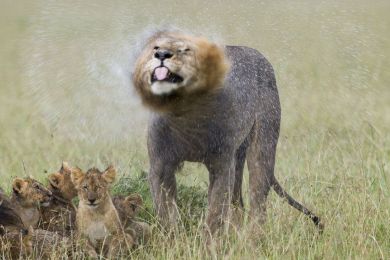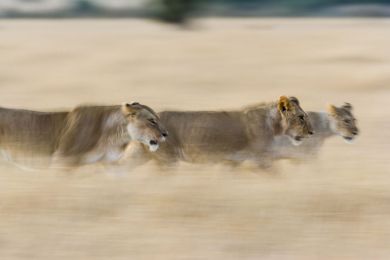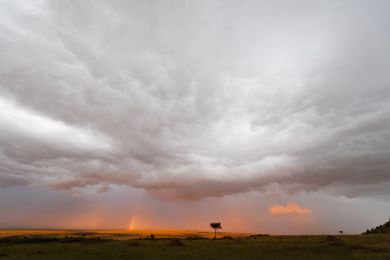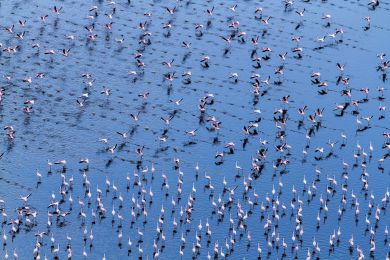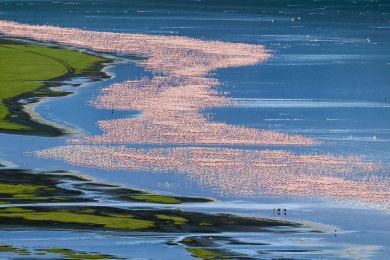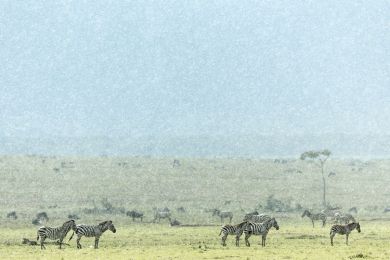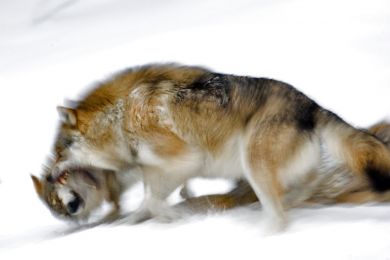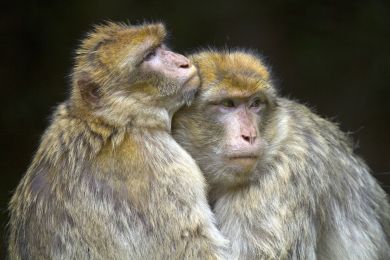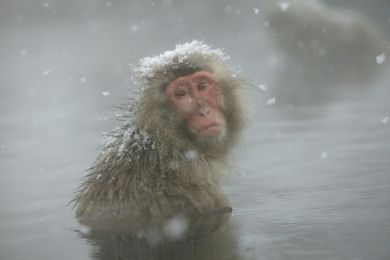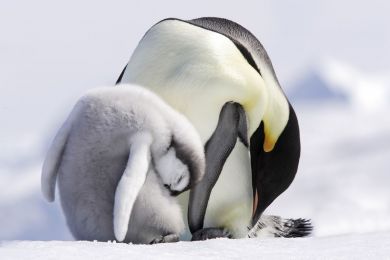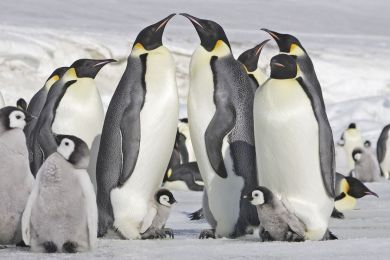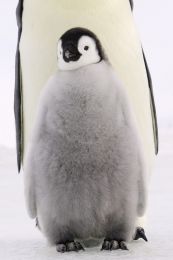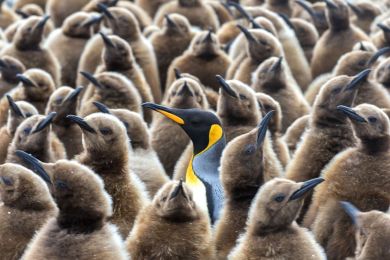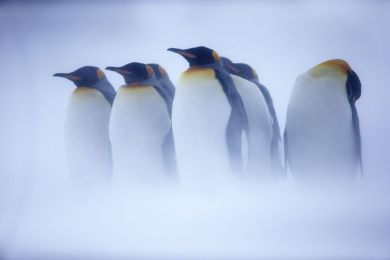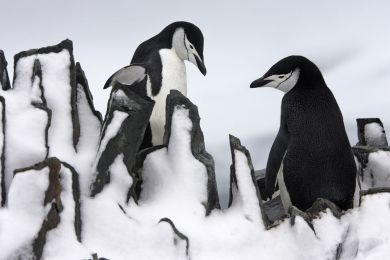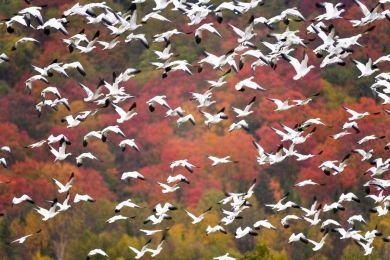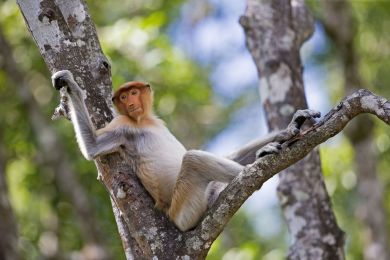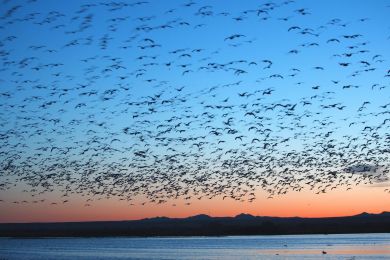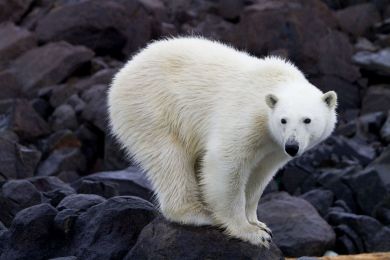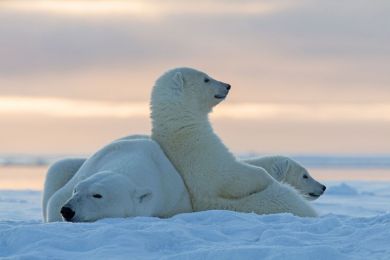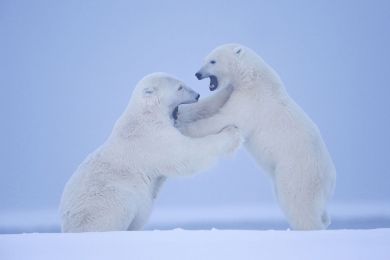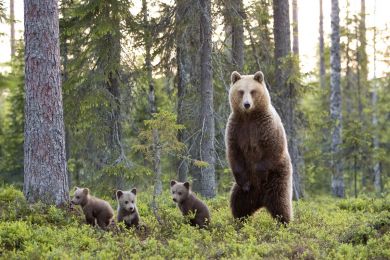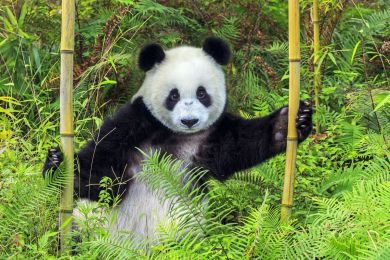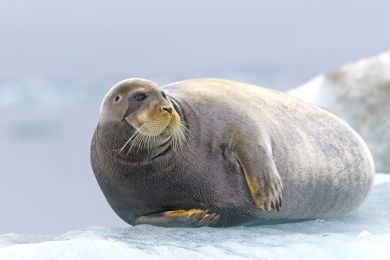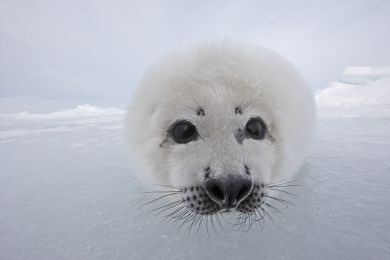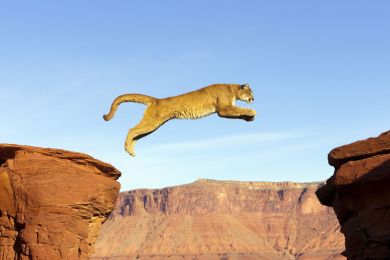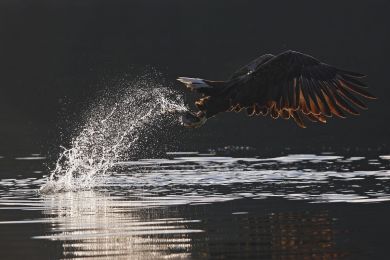By buying this product you can collect up to 178 loyalty points. Your cart will total 178 points that can be converted into a voucher of 35,60 €.
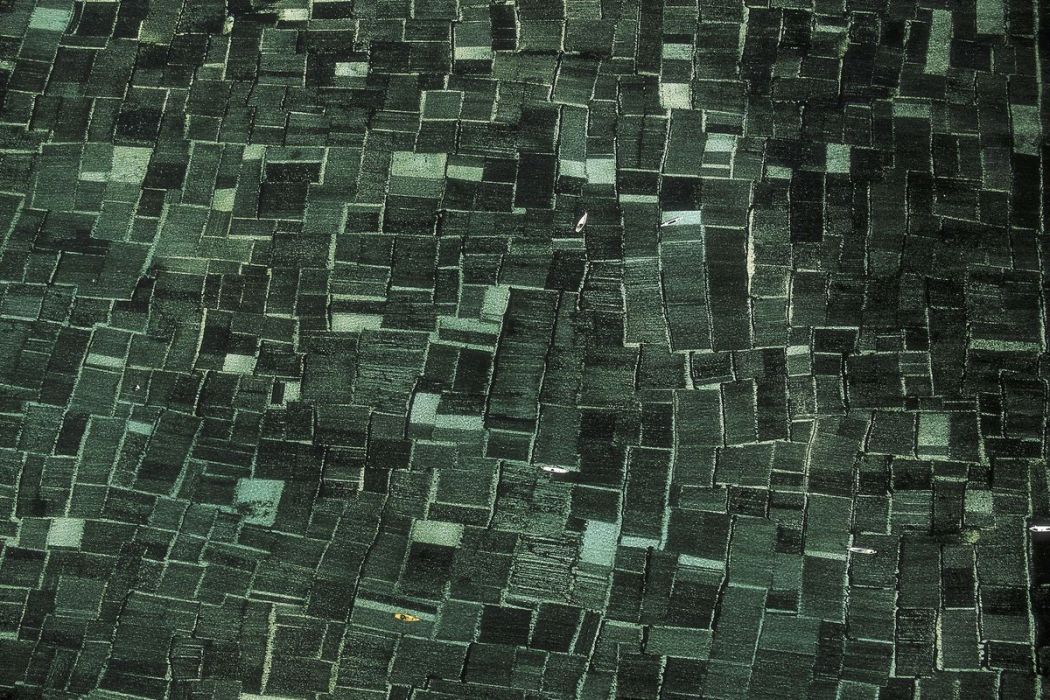 View larger
View larger
Picture information
Algaculture in Bali, Indonesia
Yann ARTHUS-BERTRAND
Art photography by Yann ARTHUS-BERTRAND of algaculture in Bali, Indonesia. Algae were exclusively used as fertilizer in Antiquity then incorporated as ash into glass making in the 16th century. Today, 97 percent of algae are produced for consumption.
Data sheet
| Orientation | Landscape |
| Color | Green |
Algaculture in Bali, Indonesia
Yann ARTHUS-BERTRAND
Art photography by Yann ARTHUS-BERTRAND of algaculture in Bali, Indonesia. Algae were exclusively used as fertilizer in Antiquity then incorporated as ash into glass making in the 16th century. Today, 97 percent of algae are produced for consumption.
Fine Art Photography
Print by Experts
100 % Made In France
A recognized expertise, a search of permanent quality.
Printed by a professional photographic laboratory.
All prints are made to order, controlled by the Technical Director.
A certificate of authenticity is provided with each photograph.
Framework made by selected materials to give you the best results. every step of the processing is monitoring by experts.
Loyalty points
Gift Card
Don't miss the opportunity to do the best present...
The whole Yann Arthus-Bertrand photos available with Hemisgalerie gift card.
Lets your guest choose the best image.
Amount from 50 €, create and download directly on our website, valid for one year including promotions.
The original gift for all events
More info
Algae were exclusively used as fertilizer in Antiquity then incorporated as ash into glass making in the 16th century. Today, 97 percent of algae are produced for consumption. Out of 30.000 known species of algae in the world, only a few dozen are exploited commercially. Among these, carrageenan algae, also called Chondrus crispus or Irish moss is used as a gelling agent, a thickener and a stabilizer by the food, pharmaceutical and cosmetic industries. The production of these red algae – 5.2 million short tons in 2008 – represents just over a quarter of algae that is grown and gathered in the world. In the Far East, growing this type of algae represents a profitable source of revenue for coastal populations. The algae cuttings are fixed on immersed ropes stretched between stakes, depending on the main current. Indonesia with 13.7% of world production in 2008 is the second largest producer of red algae. The market is dominated by China (62,8 percent of world production), the Philippines (10,6 percent), South Korea (5.9%) and Japan (2.9%). In contrast, in sales, Japan remains the second largest in the world behind China, because of its production of Nori (Porphyra spp.), algae that are valuable in the composition of maki sushi, these rolls of dried seaweed around rice and stuffed with raw fish.


















































